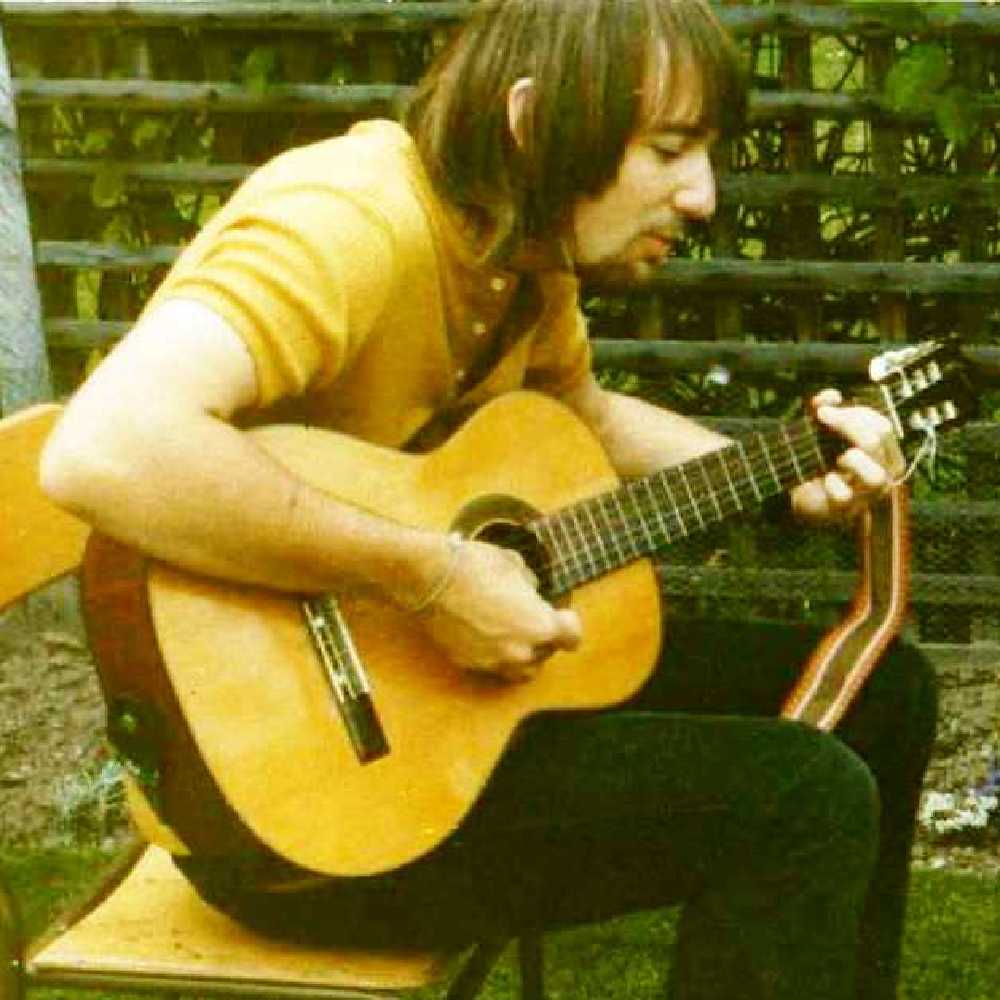Ah, to be eighteen and in love… On the other hand, as they say, be careful what you wish for! 1968 was a momentous year for so many reasons.

But as young lads who have just left school and are about to head off to university, my mate Paul and I are blissfully naïve about the state of the world. The Swinging Sixties have just about reached the West Midlands by now and the year before has seen Sgt Pepper, the Monterey Pop Festival and an explosion of peace, love and hair. This year seems rather different, though: the news is about something called the My Lai massacre in Vietnam, Martin Luther King, riots in Paris and a strange-looking chap called Dubček, who seems friendly but is a communist.
Growing up in English suburbia and educated at a traditional boys’ grammar school, most of this simply goes over our young heads: Magical Mystery Tour, Planet of the Apes and the Baggies winning the FA Cup are far more important.
“Where is Czechoslovakia, anyway?” I ask Paul. “It’s all over the front page.” We are taking a short seaside holiday in a sleepy Welsh town. It is July. Most of our days are spent in a satisfyingly boring routine of browsing the newspapers, playing mini-golf and sitting on the beach with our guitars trying to write the next chart-topping song.
“Dunno,” says Paul. “Turn right at Poland, I think.”
Well, as I am about to discover, that all depends on which direction you’re going.
Two hundred yards along the promenade is a hotel – named, with brilliant originality, The Seaview – and, in a tiny top floor room with flaking paint and damp rot, Eva is staring sadly through the grimy window. She is a Czech student on sabbatical from Prague University, working as a waitress and a couple of years older than Paul and me, and she knows exactly what’s going on in her country. Eva is beginning to love the West but knows that she must go home and make sure her family are safe and well; there are dark shadows over the land, the Prague Spring in deep trouble.
It’s Thursday the 18th, only a couple of days of our holiday left. As we amble around the golf green, Paul and I have a heated discussion about how to deal with practical issues should we be so extraordinarily lucky as to meet girls who like us. Who gets priority with the caravan and for how long? What does the other one do in the meantime and should we plan some sort of signal? Yes, we really are that immature, probably knowing less about females than about politics. We take our guitars, sandwiches and newspaper to the beach at lunchtime, never suspecting that the unimaginable is about to happen…
Eva is not on duty until the evening today so she takes her book of English idioms and a writing pad to a quiet corner of the beach. But she can’t study, her mind is too anxious. There is one thing, though, that never fails to lift her spirits: trained in childhood as a gymnast, she puts the book aside, stands, and performs two perfect cartwheels, ending erect with arms outstretched as if to take the applause. The movement catches my eye and I freeze, transfixed, unable to look away.
In that instant, Eva is aware of my gaze and turns towards me with a shy smile. It has happened now and can never be undone. My energy runs out of control towards her, meets hers halfway, and the world briefly stands still.
“Paul, you see that girl?” I murmur.
“What about her?”
“I’m going to marry her.”
Falling in love is, naturally, a joyful thing. Trouble is, the two of us are now having to grow up really fast (especially me) and make some life-changing decisions. Paul and I manage to extend our holiday whilst Eva delays her trip home. Yet she still needs to go. And there’s no way of knowing when or if we shall ever see one another again especially as, with incredibly bad timing, she arrives at the border in the early hours of 21st August – along with 750,000 Warsaw Pact troops, 6,500 tanks and 800 `planes in a Soviet-led invasion.
Starting uni is also supposed to be a joyful thing, or at least exciting, but my first few months do not go well. I struggle with the work and with grief. Meanwhile, Eva is finding that hardly anyone back home can be trusted anymore, with her people in turmoil and despair yet strangely, except for a few, passively accepting yet another totalitarian invasion. The Czechs and Slovaks have suffered several.
The ‘few’ are mainly students who set up an underground network, broadcasting to the West from secret locations and finding holes in the borders. With their help, Eva eventually makes it back to the UK and we are reunited!
Yet our story has barely begun and the next year sees almost unbearable challenges that profoundly change everyone involved. Eva is tricked into returning home again, her visa cancelled – yet finds a way to escape once more. The secret police are following us so that we no longer know which side anyone is on. Neither of our families will accept the relationship (“She’s a communist and they’ve got bombs aimed at us!”). The stress of uni takes its toll on me so that, unforgivably, I am almost blind both to the sacrifice that Eva is making and to the pain she has had to endure all her life, growing up under communism.
And yet… and yet… our love remains true. Can it survive everything life is throwing at us?
My novel Broken Sea tells the incredible story, the characters fictionalised with the dramatic political events fully described. We all need to remember 1968 – fifty years on, we are facing the same social intolerance on our streets and the same political tensions. And it’s always the innocent whose lives get broken.

Broken Sea (ISBN 978-1-910027-23-3) is published by Local Legend.

